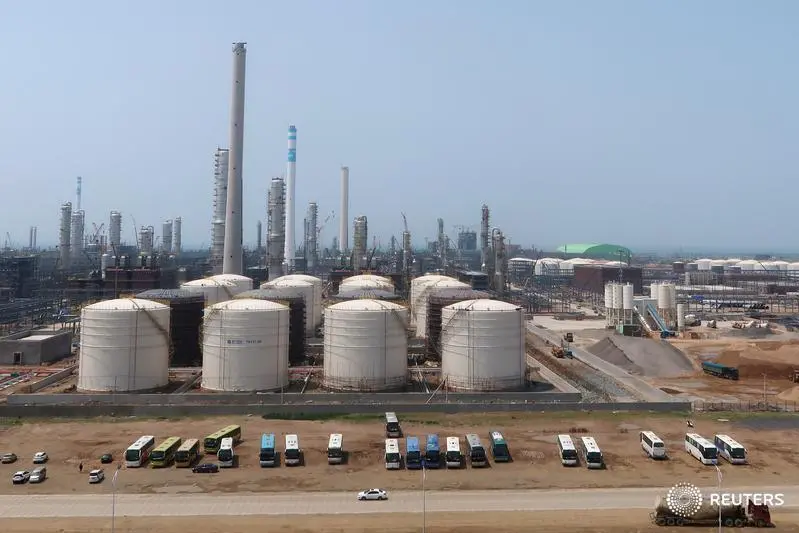PHOTO
Saudi Kayan Petrochemical reported a loss for the first quarter (Q1) of 2019, triggering a drop in the company’s shares on Monday.
The company’s Q1 2019 net loss after zakat and tax amounted to 197.48 million Saudi riyals ($52.71 million), compared to a net profit of 462.58 million riyals in Q1 2018, missing SICO Bahrain’s estimate of a 334 million riyal net profit by some distance.
Nitin Garg, a senior analyst at Bahrain-based SICO, told Zawya by email that this was a "disappointing set of results", stating that the company is highly geared towards product prices and utilisation rates.
“The miss on our estimates mainly came from higher than expected cost of goods sold, which we expected to decline YoY (year-on-year) and QoQ (quarter on quarter) as propane prices in the kingdom fell 23 percent YoY and 27 percent QoQ,” Garg said. The company's cost of goods sold increased by 22.34 percent year-on-year during the quarter.
Q1 2019 sales amounted to 2.54 billion Saudi riyals, compared to 2.73 billion riyals in Q1 2018, translating into a 6.96 percent drop.
Yousef Husseini, head of the chemicals team of analysts at EFG Hermes said that Kayan’s Q1 2019 earnings were “a pretty big miss versus consensus as it appears margins saw a larger compression than the market expected”.
“Pricing was much weaker both sequentially and Y-o-Y, which wasn’t a surprise, but costs also look relatively high,” Husseini told Zawya by email.
The company’s shares were trading 5.51 percent lower at 13.38 riyals by 14:26 GST on Monday, but have gained 1.36 percent so far in 2019.
“Expect the stock to come under pressure in today's trade and (it) can be a negative read across for the broader petrochemical sector earnings,” SICO’s Garg told Zawya.
In a statement released to the exchange along with its earnings, Saudi Kayan Petrochemical said that the reason behind the net loss during the first quarter of the year was "due to the decrease in the average selling prices of the products, as well as increase in the finance charges, despite improved operating performance of the company plants and (an) increase in quantities produced and sold.”
(Reporting by Gerard Aoun; Editing by Michael Fahy)
Our Standards: The Thomson Reuters Trust Principles
Disclaimer: This article is provided for informational purposes only. The content does not provide tax, legal or investment advice or opinion regarding the suitability, value or profitability of any particular security, portfolio or investment strategy. Read our full disclaimer policy here.
© ZAWYA 2019





















